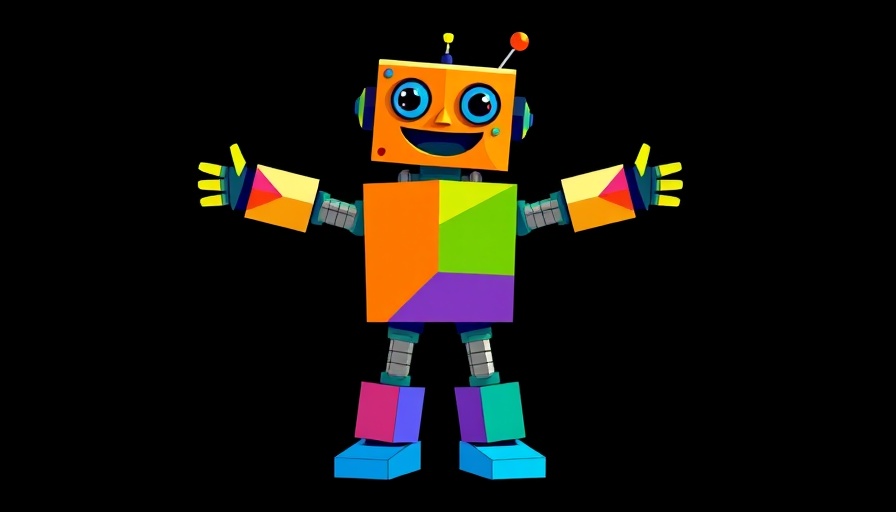
How AI is Transforming the Software Engineering Landscape
The dichotomy of opinion surrounding the intersection of artificial intelligence (AI) and software engineering is striking. A recent survey conducted among over 730 software developers and engineers reveals a landscape divided—while many embrace AI as a tool, others view it with skepticism. In a world where rapid technological advancements can either empower or threaten job security, understanding how AI is reshaping the coding profession is vital for industry stakeholders.
A New Paradigm of Work
As we delve deeper into the results of the survey, the complexities of AI's role in the daily routines of software engineers become glaringly apparent. From enhancing productivity to sparking fears of obsolescence, AI has emerged as a multifaceted force within tech environments. Around 60% of participants expressed that they use AI tools regularly, appreciating the efficiency gains they provide in automating repetitive tasks.
On the flip side, a noteworthy percentage, particularly from senior developers, voiced concerns about AI’s capabilities. They argue that while AI can handle basic coding tasks, it lacks the contextual understanding and creative problem-solving skills essential for complex projects. This tension illustrates an industry at a crossroads—where hastily adopting AI could either lift productivity or undermine the intrinsic creativity that defines software engineering.
Debunking Myths: Will AI Replace Programmers?
One of the most pressing questions arising from the survey is whether AI will ultimately displace human programmers. The data indicates a clear sentiment: the overwhelming majority of developers do not foresee a future where AI fully takes over programming roles. Out of those surveyed, about 70% firmly believe that while AI can enhance productivity, human oversight and creative input remain irreplaceable. As one developer succinctly put it, "If AI does eat programming, I’ll just switch to debugging AI." This perspective hints at a future where AI acts more as a collaborative partner than a competitor.
Real-World Applications of AI in Coding
Interestingly, the survey results shed light on practical examples of how engineers are leveraging AI. Many report using AI chatbots for routine tasks such as debugging code, generating documentation, and even recommending design patterns. These functions illustrate AI’s potential as a catalyst for innovation—freeing developers from mundane chores and opening avenues for creative exploration and higher-level strategy.
Future Trends: Embracing AI Partnerships
Looking ahead, it is essential for business leaders and tech professionals to foster environments where human expertise and AI technologies coexist. Companies must invest in training and upskilling their workforce to complement AI's growing role. The capacity for engineers to adapt and integrate AI into their workflows will not only ensure individual job security but will also enhance overall organizational productivity.
Key Takeaways for Business Professionals
As the software engineering landscape evolves alongside AI advancements, CEOs and marketing managers should take note of the following takeaways:
- Understand the range of opinions and experiences within your technical teams regarding AI adoption.
- Commission ongoing training programs to equip your teams with the necessary skills to leverage AI effectively.
- Encourage a culture of collaboration between AI tools and human talent, promoting innovation and creativity.
The results of this survey should serve as a wake-up call for technology-driven companies. Not only do they highlight how essential it is to adapt to AI's presence in coding, but they also emphasize the need to navigate this transformative period with care and foresight. Engaging with the perspectives of your workforce will be key in framing how your team interacts with AI in future projects.
In closing, as businesses strategize for the future, it is paramount to strike a balance between harnessing the power of AI and nurturing the creative human elements that inevitably propel innovation in software development. Embracing this duality will position your organization for success in the ever-evolving tech landscape.
 Add Row
Add Row  Add
Add 




 Add Row
Add Row  Add
Add 

Write A Comment